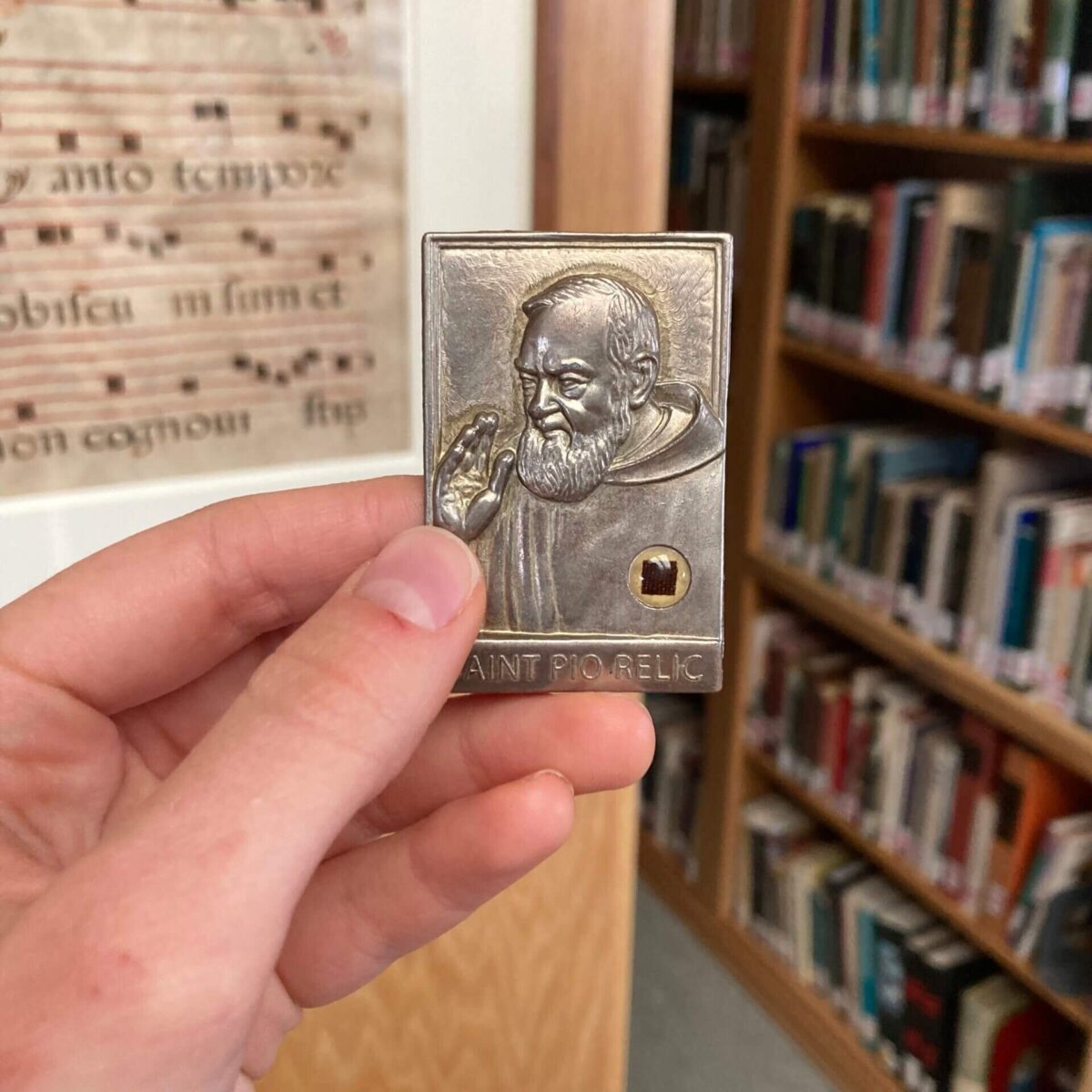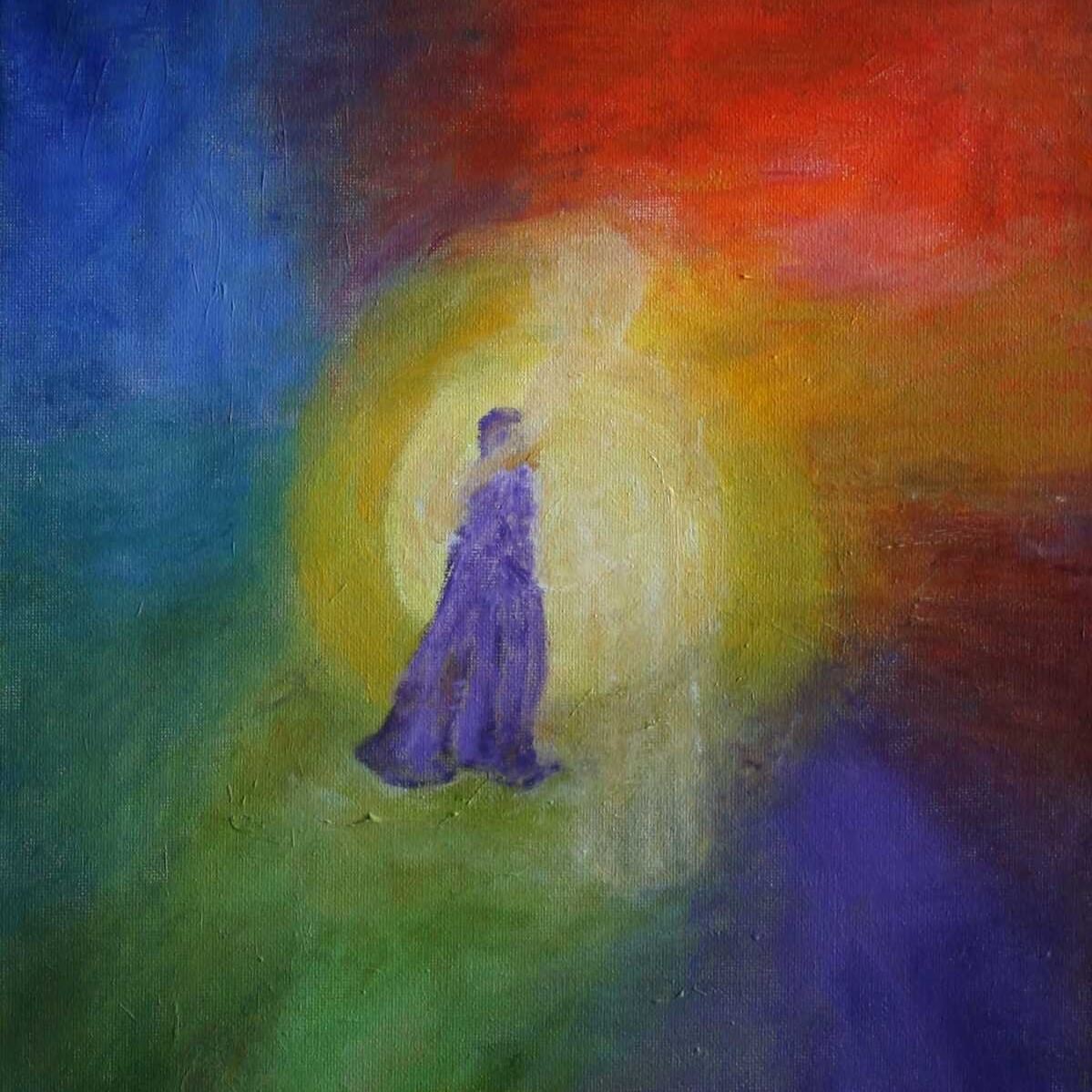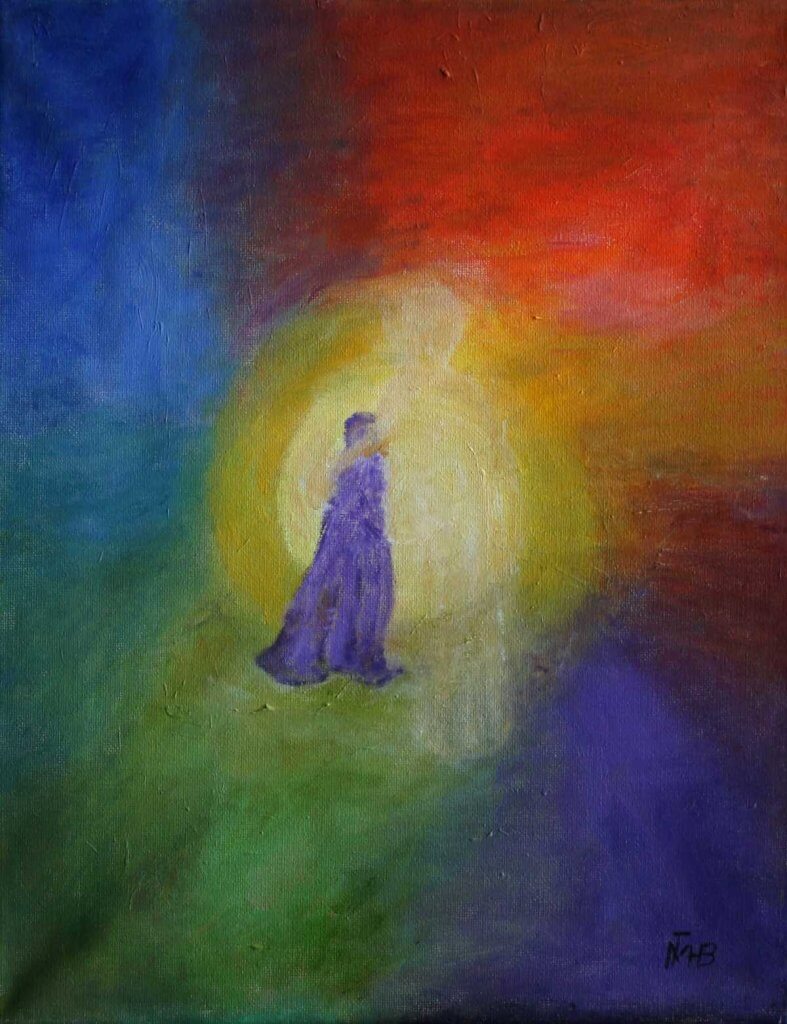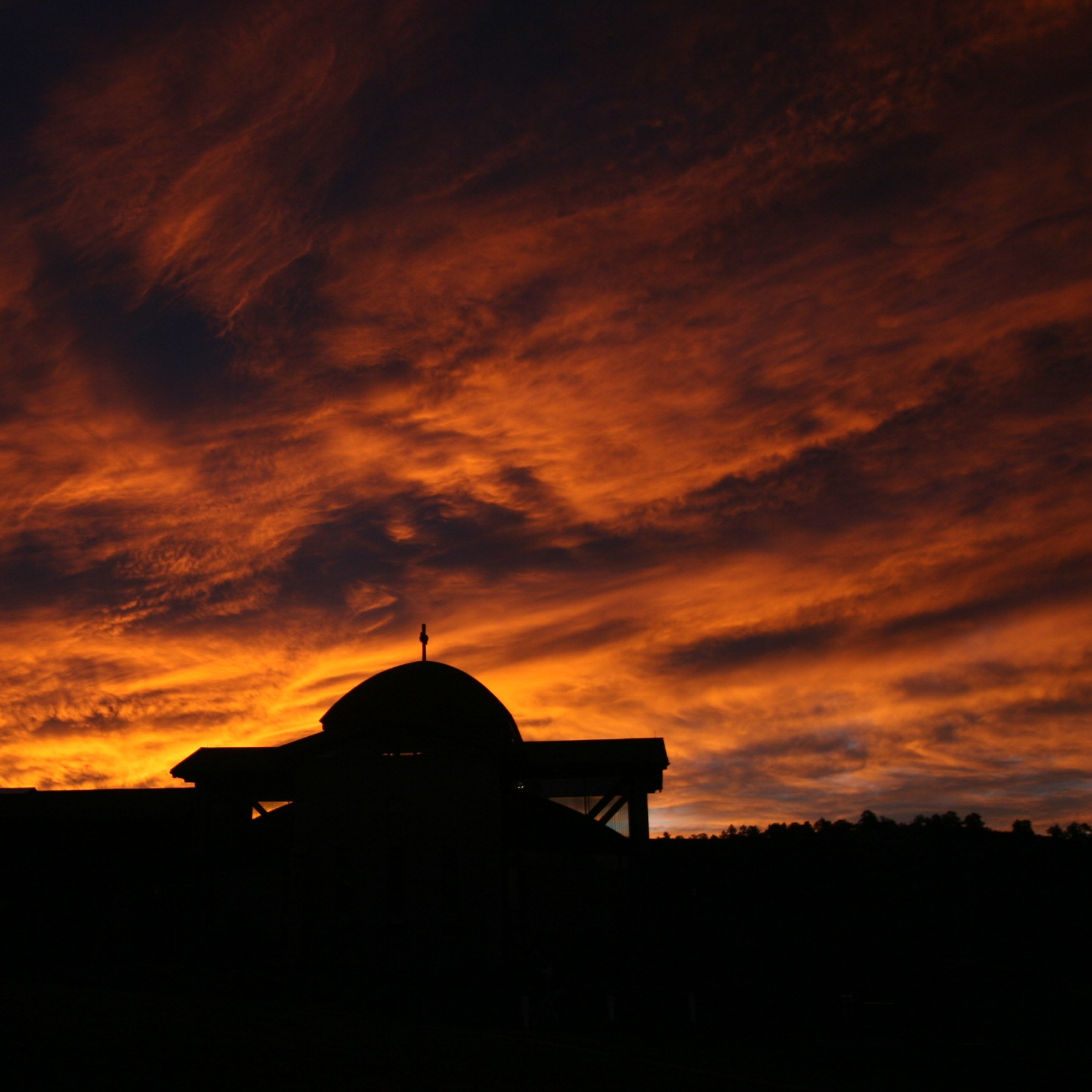“You ought to ask the Lord for just one thing: to love Him.”
PADRE PIO
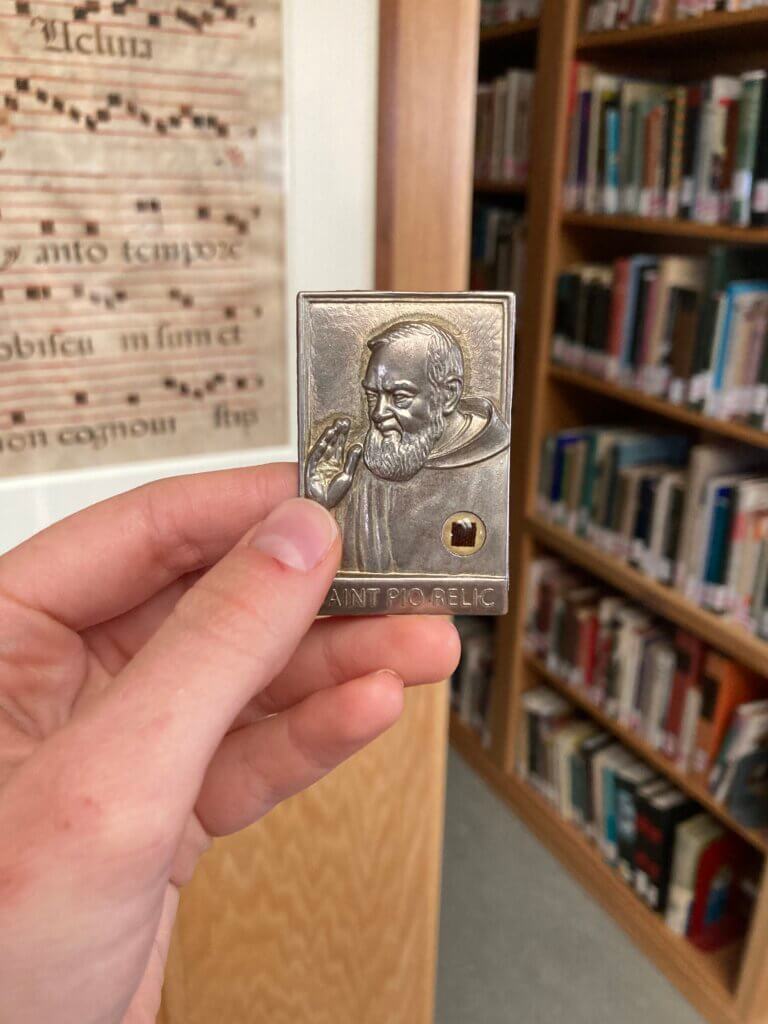
A reflection by Mother Maria-Michael Newe, OSB
St. Padre Pio is a favorite of many; you cannot but love him. His whole life was one of suffering, yet he was known to have a great sense of humor. He also had a righteous temper! Padre Pio knew what sin was, he knew exactly how it separated people from God, and he took offense at it.
The example of Padre Pio reminds me of what we read in the book of Haggai. Haggai 1:7 says: “Consider your ways/Reflect on your experience.” If we are serious about our lives, we will do just that. Monastic tradition dictates that we reflect on our lives particularly twice a day: at noon and in the evening at Compline.
“God’s spirit is a spirit of peace, and even when we have serious faults, he grants us a tranquil, humbled, confident pain which depends entirely on his mercy.”
PADRE PIO
We reflect on our day for the purpose of conversion. It’s not to take into account everybody else’s faults; it’s to account for our own reactions. I’m responsible for my reactions. Yes, people can push my buttons: they can be nasty, they can do all kinds of things, but that doesn’t mean that I have to react badly. The reason we are to consider our ways is so that we can change them. Beware of going through life saying “it’s everybody else’s fault.”
We also play a part in how we are to our [brothers and] sisters. Don’t push people’s buttons. If you know something hurts them, be aware of it. Go the extra mile to be kind in that area. Be aware of the weaknesses of one another. What we can do to help one another, we’re responsible for doing.
“Consider your ways” (Haggai 1:7). People are saying “Oh no… no-no… it’s not the time for that. It’s not the time to build the house within” (cf. Haggai 1:2). That’s what the world says, but God says it is the time. How are we supposed to do it? Read again in Haggai, “Go up into the hill country; bring timber, that I may be pleased with it, and that I may be glorified, says the Lord” (Haggai 1:8). Bring the Cross. Carry It. Follow Him.
Remember Who Christ is in your life. Keep Him before you daily. Every moment. Seek His Face every single moment.
The Cross of Believing
Anonymous Nun
I will give up my idols of silver and gold
So that my hands may be free to embrace the bronze
Serpent, mounted on the pole,
That is Christ the Lord,
Crucified for the unworthy.
And I will carry this cross wherever I go —
This burden, both sweet and light,
Of believing that this God-man has loved
And given himself up for me,
Satisfying the Divine Justice with his boundless Mercy.
Life can never be the same.

